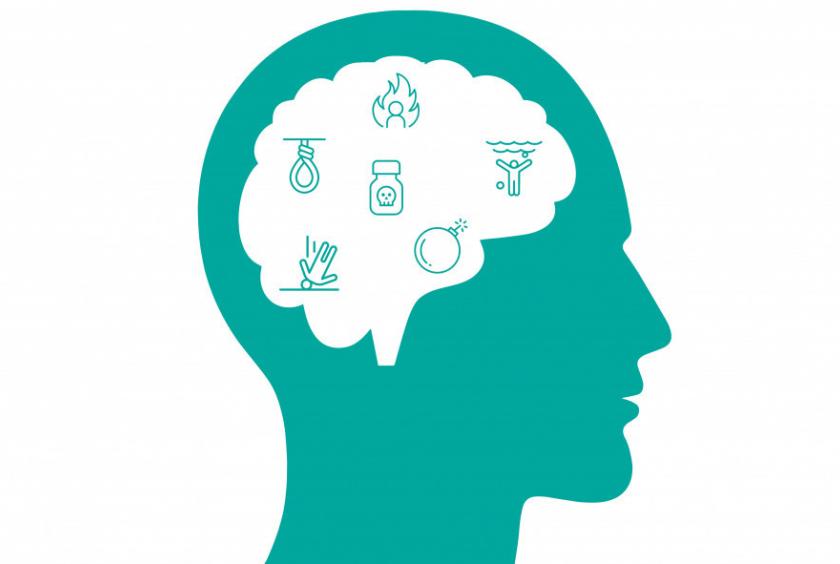by Editorial Desk
KATHMANDU (The Kathmandu Post/ANN) - Mental health should be respected as a fundamental right.
A recent news report mentioned that more than 5,000 Nepalis commit suicide every year. We cannot let the headlines go unnoticed anymore. Mental illness continues to plague people across the spectrum—men, women, boys or girls. The impact of suicide on families and communities is devastating and long-lasting, yet it has not received the attention it warrants.
The act of killing oneself intentionally is very much a medical problem associated with mental illnesses such as depression, anxiety or, at times, even substance abuse. Often these problems are a precursor to suicide. But owing to the stigma attached to talking about depression and anxiety, such medical conditions are often brushed under the carpet. In fact, suicide should be preventable if we start talking more openly about psychiatric illnesses and deliver the required treatment to people who have them.
According to police data, the number of people who have died by their own hand is increasing, but the actual figure may be even higher, given that not all cases get reported to the police. Depression causes mental anguish and has devastating consequences; it affects people worldwide, irrespective of race, age or occupation. Data from the World Health Organisation shows that mental illness accounts for 13 percent of the world’s disease burden—a figure that is estimated to rise to nearly 15 percent by 2030.
Although mental illness is on the rise and suicide rates have increased over the years, we have made little progress in dealing with the public health crisis of suicide. There are neither prevention strategies in place nor is there any progress in addressing growing mental illness issues. While other diseases like cancer, or even contagious seasonal diseases (such as malaria, typhoid and so on) get marquee recognition, mental illness is often looked.
Approximately 30 percent of Nepalis suffer from psychiatric problems, and over 90 percent of them have no access to treatment, according to the Health Research and Social Development Forum. And a paltry 2 percent of medical and nursing training is dedicated to mental health. These statistics paint a dismal picture. Suicide is as much a public health threat as any other disease that has been unfolding for many decades. Generations even.
The news report also mentioned that programmes aimed at suicide prevention are primarily led by mental health professionals and non-governmental organisations. The government, on its part, can intervene by reforming the health sector and establishing mental health system governance procedures and a ministry-level coordination unit by providing a range of resources and services aimed at preventing suicide and addressing broader mental health issues. Countries like New Zealand and the United Kingdom have well thought out preventive strategies in place to save lives. Mental health should rightly be respected as a fundamental right, and maintaining silence around it will do more harm than good.











